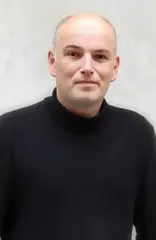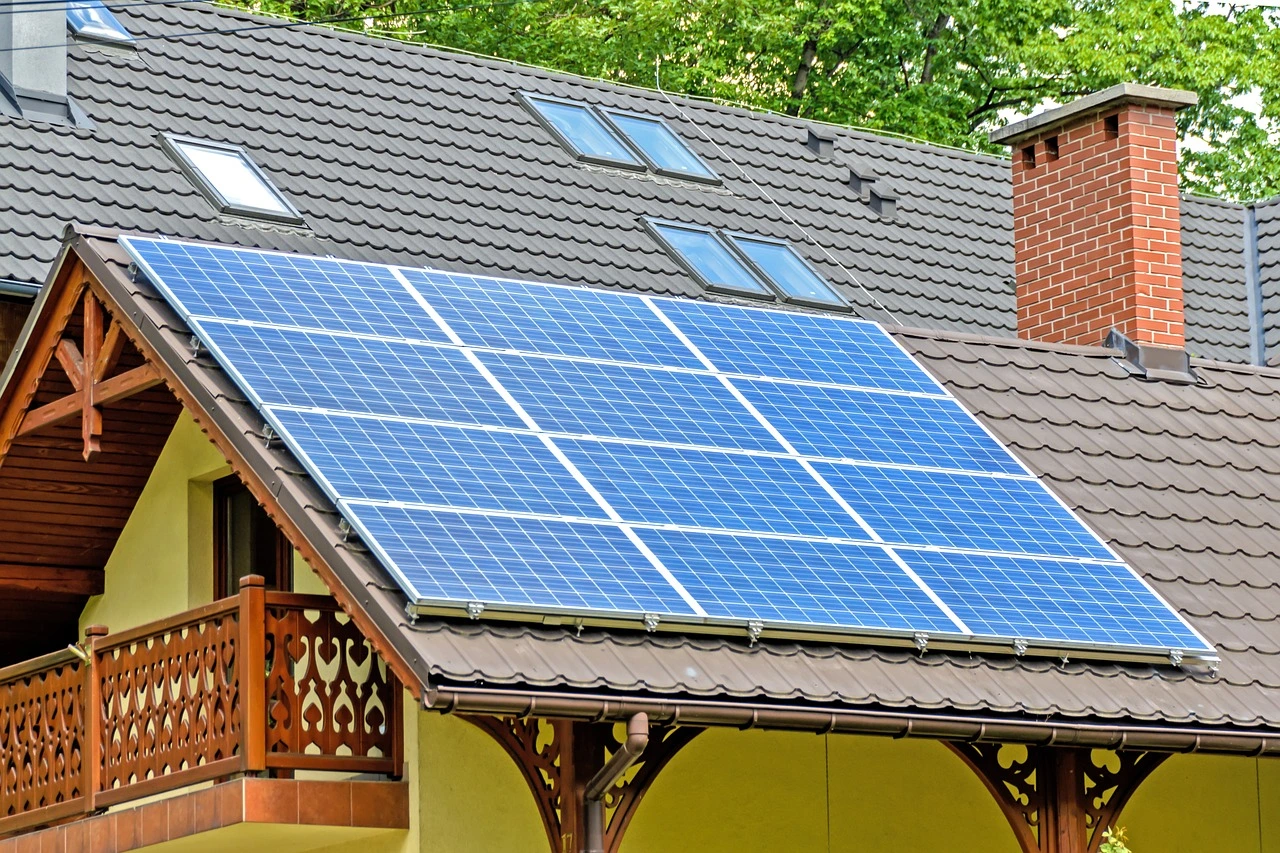To this end, ThEGA used satellite data to determine the solar potential of thousands of Weimar buildings and calculate how many photovoltaic modules can be installed on them and how much energy can be generated. In a second step, the University of Erfurt will now write to homeowners to inform them about their individual options for installing a solar system on their own roofs and offer them the opportunity to obtain further information through various channels. These responses will then be analyzed and evaluated by the end of the year.
Dr Thomas Lauer, scientific managing director of the Erfurt Laboratory for Empirical Research (ErfurtLab) at the University of Erfurt, is heading the project on behalf of the University of Erfurt. As a behavioral economist, he researches how people make decisions in an economic context. "A central role is played by the effort required to search for information and how the information is prepared," Lauer emphasizes. "A project like this allows us to obtain data in this regard not under laboratory conditions, as is usually the case, but directly in the field. We are interested in the quantity but also, above all, the quality of the responses – ultimately the question of whether individually tailored, detailed information leads to an intensification of photovoltaic expansion."
The findings from "Solar Empowerment" can then be used to accelerate the expansion of alternative energies in other regions as well. The cooperation with the city of Weimar forms the pilot project for this. But the interest is great. Other municipalities and regions have already expressed their interest, says Lauer.



